Chinese State Councilor and Foreign Minister Qin Gang on Thursday chaired the second informal meeting of foreign ministers of China, Russia, Pakistan and Iran on the Afghan issue in Samarkand, Uzbekistan.
Russian Foreign Minister Sergei Lavrov, Iranian Foreign Minister Hossein Amir-Abdollahian and Pakistan's Minister of State for Foreign Affairs Hina Rabbani Khar attended the meeting.
During the meeting, Qin said that since the first informal meeting of foreign ministers of the four countries on the Afghan issue in September 2021, China, Russia, Pakistan and Iran, as the core force of regional coordination on Afghanistan issue, have worked together to effectively guarantee the smooth transition of the situation in Afghanistan. Meanwhile, although the war in Afghanistan has ended, the Afghan issue is far from being resolved. Afghanistan is now at a critical stage of transition from chaos to governance and still faces many challenges.
Qin noted that China has recently issued The Global Security Initiative Concept Paper and China's Position on the Afghan Issue, which advocate spirit of solidarity to adapt to the profoundly adjusting international pattern, call for a win-win approach to address complex security challenges, and reiterate political solutions to Afghanistan and other international and regional hot issues.
The Cold War mentality and camp confrontation should be abandoned for the political settlement of the Afghan issue under the new situation, Qin stressed, adding that all countries concerned should adhere to the principle of inseparable security, address both the symptoms and root causes, and guide the Afghan Taliban to exercise governance in a moderate and steady way through mutual respect, equal consultation and friendly dialogue.
China, Russia, Pakistan and Iran should work together to enhance the international community to pay more attention to terrorism-related security issues in Afghanistan, make consensus and joint efforts to combat the "three forces of evil," and help Afghanistan effectively address terrorist threats and draw a clear distinction from all terrorist forces.
The four countries will encourage and support Afghanistan in pursuing a modernization path suited for its national conditions, and help Afghanistan enhance self-development capacity and integrate itself into the regional economy.
China is ready to extend the China-Pakistan Economic Corridor and the China-Central Asia-West Asia Economic Corridor to Afghanistan within the framework of the Belt and Road Initiative, so as to transform Afghanistan from a land-locked country into a land-linked one, Qin said.
At the meeting, the participants expressed deep concerns over the current situation in Afghanistan, urged the United States and Western countries to shoulder their due responsibilities, oppose creating chaos in Afghanistan, shirking responsibilities and instrumentalizing humanitarian aid, and called on Afghan Taliban to form a tolerant and inclusive government and safeguard women's rights and interests.
All parties of the meeting expressed their willingness to strengthen communication and coordination, leverage the unique role of the four countries and the four-country mechanism, and guide the international community to jointly help Afghanistan achieve peace and development at an early date.








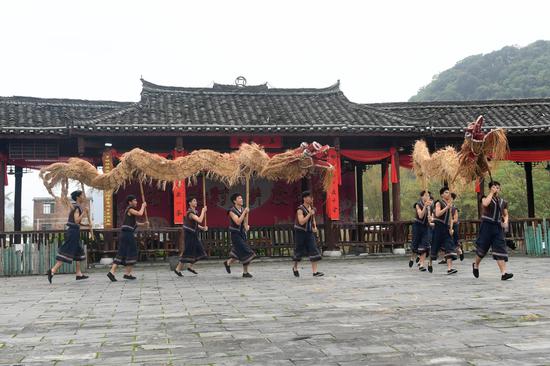
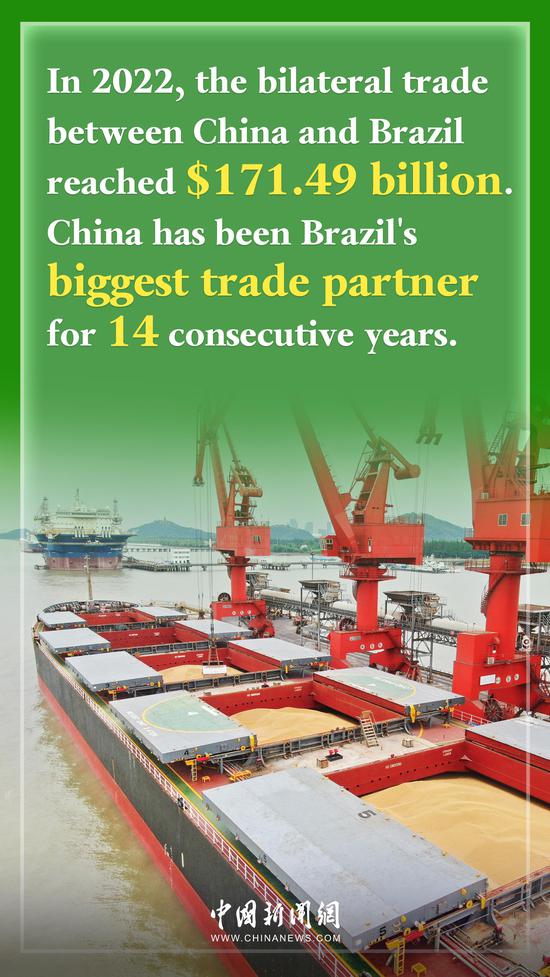
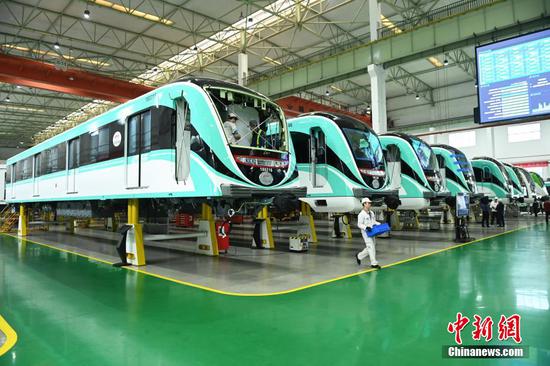
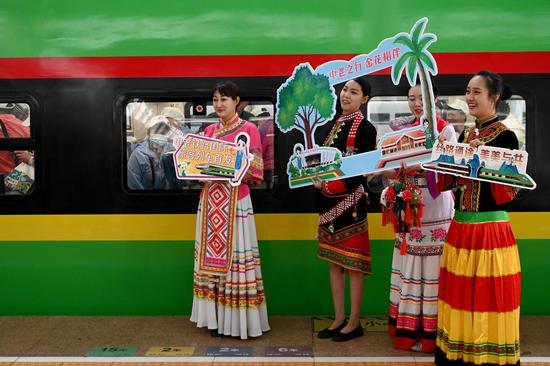



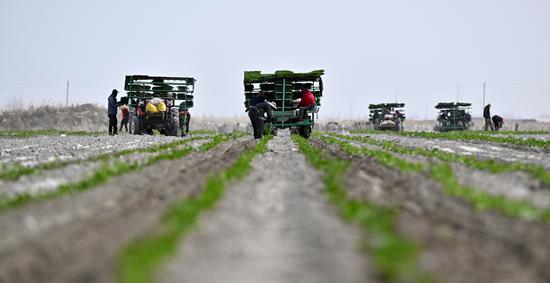

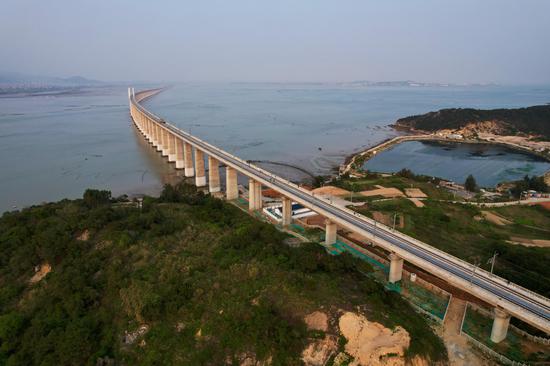




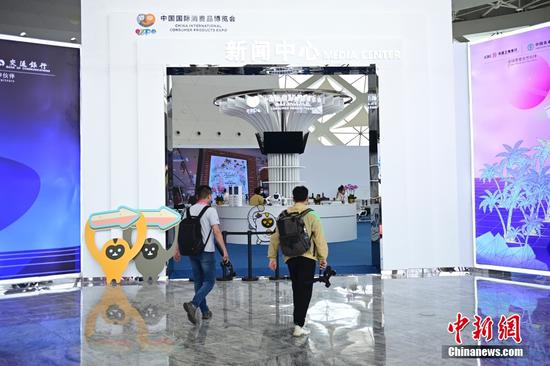





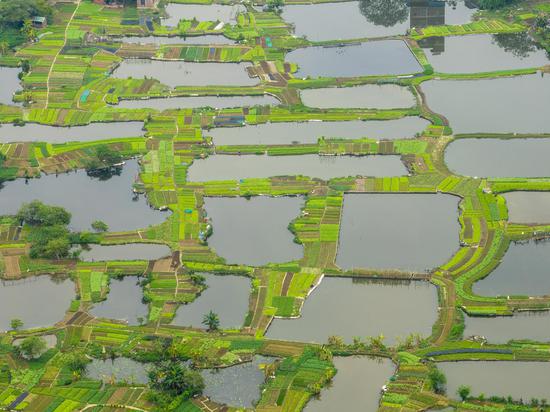
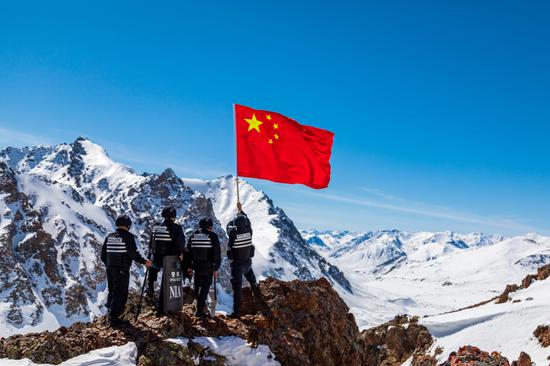

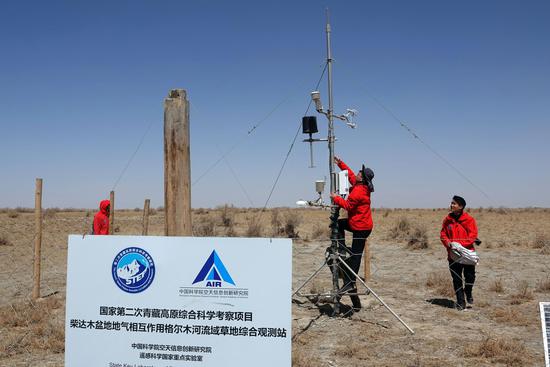
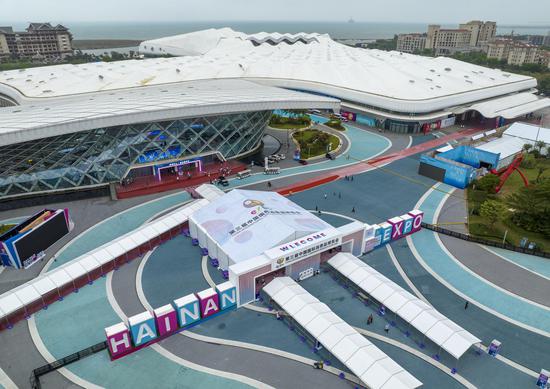

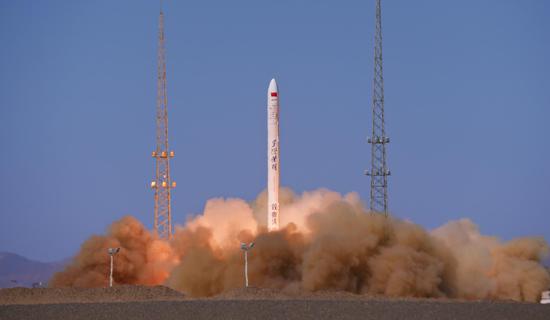
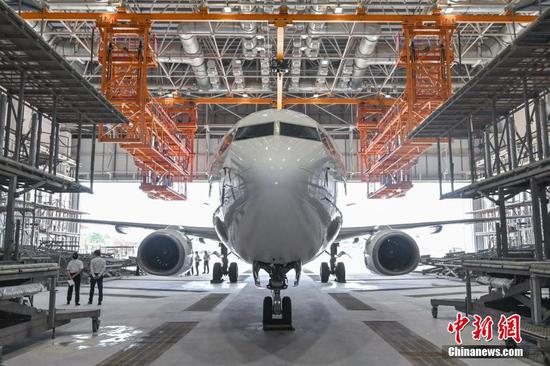
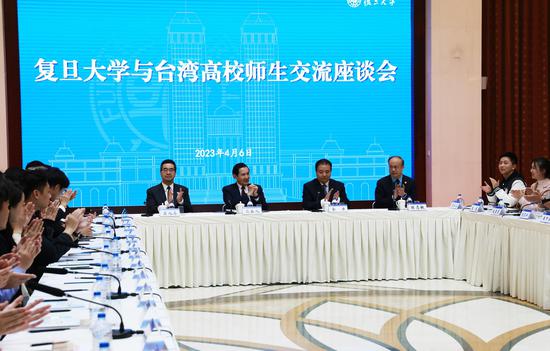
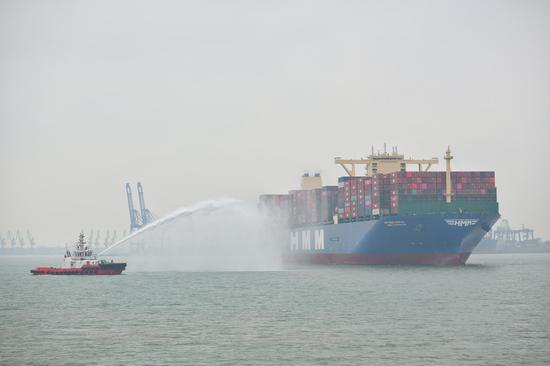

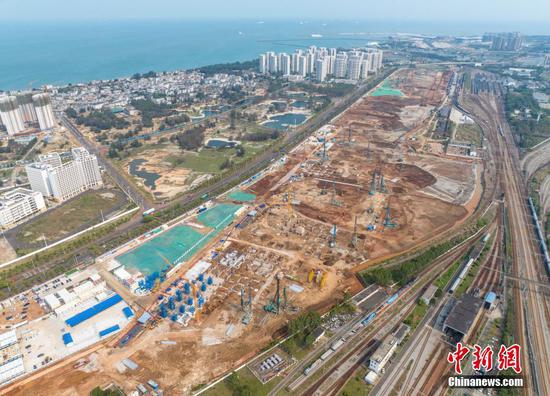
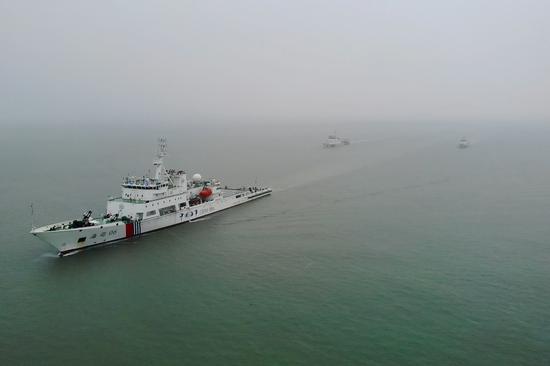
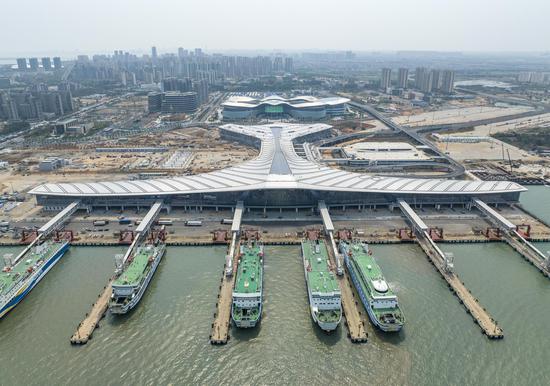
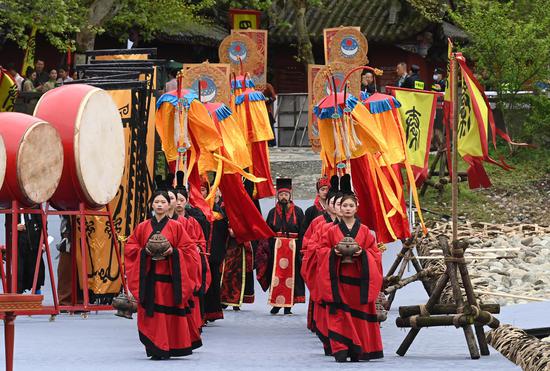







 京公网安备 11010202009201号
京公网安备 11010202009201号